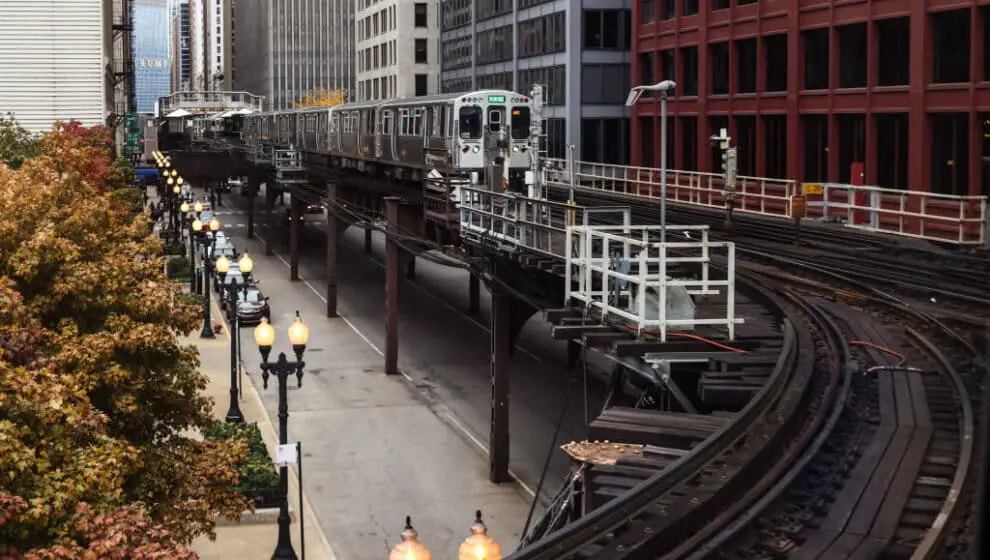As the holiday season begins, the threat of a rail strike threatens to shut down the country.
Key Details
- A tentative deal brokered by the White House staved off a rail strike earlier this year, but labor unions are now rejecting the deal.
- In October the Brotherhood of Railroad Signalmen and the Brotherhood of Maintenance of Way Employees voted against the deal.
- Now, another influential union—SMART Transportation Division—has rejected the tentative agreement.
- If the unions and rail administration can’t come to an agreement by December 9, the rail workers may strike.
Why it’s news
A rail strike poses a critical threat to the American supply chain and could cost the American economy $2 billion per day. Rejection of the tentative deal is also a blow to the Biden Administration which brokered the deal in September.
After December 9, the agreement preventing rail workers from striking will end. Congress does have the ability to intervene by implementing another cooling off period or forcing union workers to accept the deal.
Any pause in the U.S. supply chain could have disastrous effects and a lengthy strike could potentially push the country into recession, Axios reports.
When union leaders returned to their members, many had a difficult time convincing members to accept the deal. Many workers said they felt mistreated—specifically during the pandemic.
One of the main points of contention during negotiations had been a disagreement over sick leave policies. The tentative agreement had recommended a 7% pay increase this year and retroactive increases for the last two years since negotiations have been ongoing since 2019.
Over the next two years, the agreement includes a 4% and a 4.5% wage increase and an annual $1,000 bonus.
The Brotherhood of Railway Signalment president Michael Baldwin noted that the vote had some of the highest voter participation in the union’s history. The rejection also marks the first time this union has rejected a national agreement.
The Brotherhood of Maintenance of Way director Peter Kennedy expressed some surpise that his members voted down the agreement.
“This is the best pay package I’ve seen in my career. If employees are willing to vote that down because of the lack of paid sick time, that tells you something,” Kennedy said.
Already, some rail lines are preparing for the possibility of a strike. In order to prevent hazardous chemicals from sitting on the tracks, shipments for certain items may be stalled.
Retailers are preparing for a possible strike by stocking up on supplies. Christmas should see little disruption if the workers strike as retailers already have the majority of their holiday stock in place.
